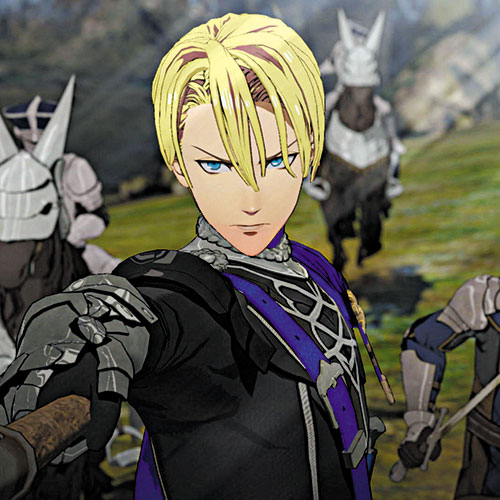Paige FTW: The Clean Ending

We always want the “good” ending.
We want the ending where everyone lives, where everyone is happy, where the villains get their comeuppance. We want the route where we didn’t have to sacrifice our friends. We want everything to be tied together neatly, cleanly, with a pretty bow.
I think about this because Fire Emblem: Three Houses does not have a “good” ending (stop reading here if you don’t want spoilers).
There is no route you can take where you don’t, at some point, end up killing someone you loved in another playthrough. You cannot truly save the tormented prince Dimitri unless you select the Blue Lions. You cannot reason with iron-fisted Edelgard unless you choose to stay with her and the Black Eagles.
There are four endings, but there is no ending where peace comes without sacrifice.
It goes against the grain of what we desire from our video games — wish fulfillment, that longing for everything to go exactly right.
It is a phenomenon unique to the medium, too. There are no alternate versions of Avengers: Endgame, after all, where Iron Man and Black Widow are still alive at the end.
It returns, as always, to that illusion of control. If I can just be a better tactician, maybe everyone will live. If I made the right choices, maybe no one would have died. We feel like we can control the game, so we lament when we really cannot. We cannot control life, but this — we can.
Sometimes, shattering the illusion is frustrating. Other times, it has power.
Some games do give in to our urges. Mass Effect 2 has that brilliant high when the whole time survives the endgame mission. Even Fire Emblem has dabbled in wish fulfillment before with Fates: Revelation, where the bloody sacrifices of Birthright and Conquest are willed away.
I applaud the series’ boldness in refusing to do the same for Three Houses. It packs a punch.











